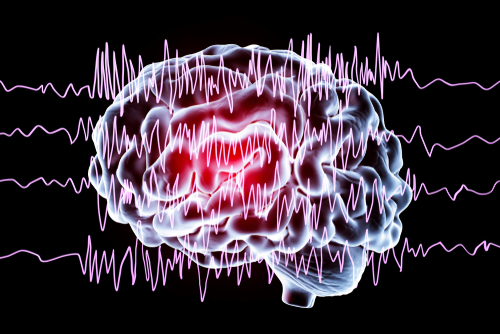A traumatic brain injury (TBI) occurs because of sudden damage to the brain. According to the Centers for Disease Control and Prevention (CDC), “TBI is a form of nondegenerative acquired brain injury resulting from a bump, blow, or jolt to the head (or body) or a penetrating head injury that disrupts normal brain function.” Traumatic brain injuries are not uncommon, as the American Association of Neurological Surgeons estimates 1.7 to 3.8 million traumatic brain injuries occur yearly in the United States. A TBI could be caused by different events, such as violence, falls, vehicle-related collisions, combat injuries or sports injuries. The CDC approximates that 10 percent of all TBIs arise due to sports and recreational activities.
TBI could lead to a plethora of adverse physiological symptoms, including adversely affecting one’s cognitive abilities. Cognitive abilities that may be affected by a TBI could include but are not limited to, one’s concentration, attention, memory, problem-solving, decision-making, communication, organizational planning, and impulse control. The symptoms associated with TBI vary significantly, as they depend on the type of injury, the severity of the injury, as well as the area of the brain that was injured. TBIs are divided into two categories (mild TBIs which are also known as concussions or moderate to severe TBIs) each with corresponding and somewhat distinct symptoms.
Second Impact Syndrome
According to the North Carolina Medical Journal “football and soccer have the highest concussion rates, and collision/ contact sports such as hockey, lacrosse, and basketball generally have higher concussion rates than non-contact sports such as track and volleyball.” Research has found that an athlete that has sustained a concussion is four to six times more likely to sustain another one. Second Impact Syndrome (SIS), acute brain swelling, occurs when a second concussion is sustained before complete recovery from the previous concussion has been achieved. The repeated injury can lead to vascular congestion and/ or increased intracranial pressure. Athletes of certain sports such as boxing, football, hockey, soccer, baseball, skiing, and basketball are at increased risk for SIS.
For Information and Support
If you are concerned for yourself or a loved one regarding substance abuse and/ or addiction, we recommend reaching out for help as soon as possible. If left untreated, substance abuse can result in long-lasting and potentially life-threatening consequences. Keep in mind: you are not alone! There is an entire network of professionals that are available to help and support you and your loved one throughout the recovery process. The earlier you seek support, the sooner your loved one can return to a happy, healthy, and fulfilling life.
Please do not hesitate to reach out with any questions regarding our specific program at Haven House Addiction Treatment and/ or general substance abuse and/ or addiction treatment-related information. Our highly trained staff is readily available to discuss how we might best be able to help you and your loved one. We can be reached by phone at 424-258-6792. You are also welcome to contact anytime us via email at admissions@hhtxc.com.



